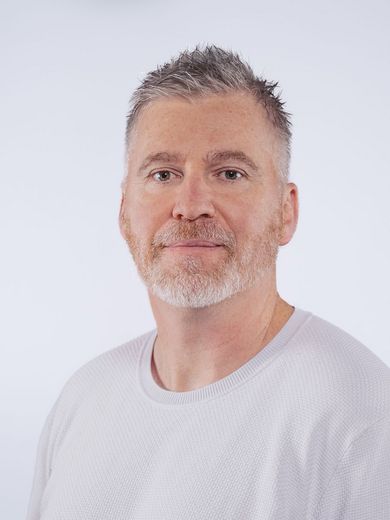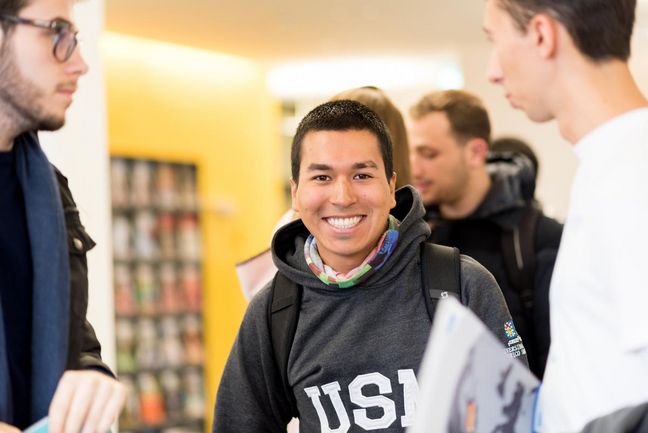
Electronics Engineering M.Sc.
For applicants with 210 ECTS
Our three-semester master´s programme is intended for applicants who hold a bachelor's degree with at least 210 ECTS in Electronics Engineering or a closely related field (e.g. Electrical Engineering, Embedded Systems, RF Engineering, Applied Physics).
With a solid academic background, you can progress directly into advanced studies and complete your master’s in a fast-track format.
Not sure whether your degree meets the 210 ECTS requirement? Check here first: Choose your path
The master´s programme Electronics Engineering is offered in two formats:
Duration:
3 semesters (90 ECTS)
Start:
1 April or 1 October
Language of instruction:
English
Degree awarded:
Master of Science (M.Sc.)
Study options:
Standard or Dual track
Tuition fees:
None
The three-semester master´s programme is designed to provide in-depth technical specialisation, interdisciplinary skills and practical experience:
With this wide range of electives, students can tailor their studies to their individual interests and career goals.
Does this sound like the right fit for you? If you are eager to begin your journey in Electronics Engineering, here is when and how to apply.
| For winter semester (programme starts on 1 October): | 1 June – 15 July |
| For summer semester (programme starts on 1 April): | 15 Dezember – 15 January |
© Sabrina Peters
Before your studies begin, there are a few important things to take care of – especially if you are moving to Germany:
We are here to support you:
International Office: Assistance with study-related matters and everyday life during your stay in Germany: advice and support for international students
Do you have questions about the programme or your application? We are happy to assist you.

Robert Campbell Rennie
Advisor for international students
+49 421 5905-2361
Email
